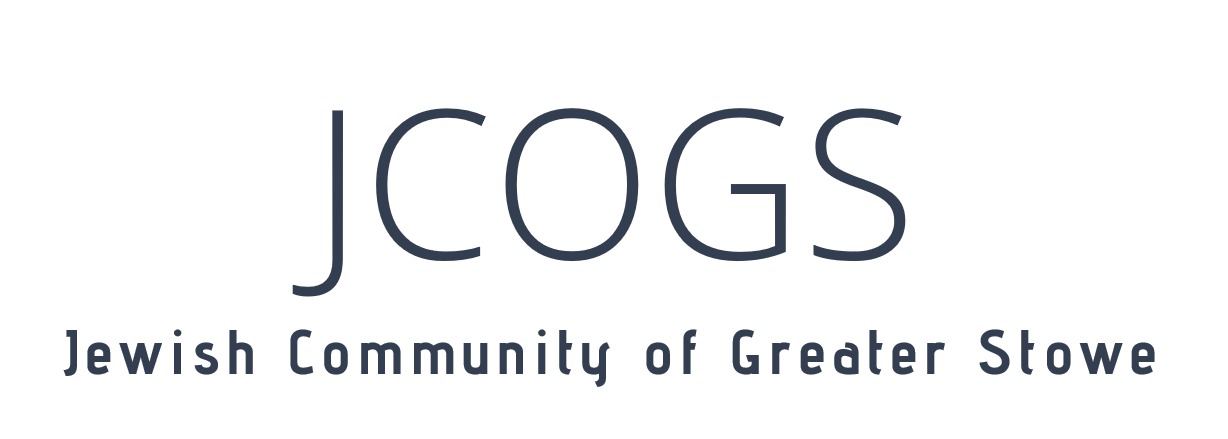If you receive Social safety benefits (SS), or Social safety impairment insurance coverage benefits (SSDI), you can’t manage to spend all your bills, and you are clearly considering bankruptcy, you have to be conscious of just how these advantages are treated in bankruptcy. But before we discuss just how these advantages are addressed you should think about whether bankruptcy is also necessary in your circumstances, or if it is in your absolute best interest. Before you see whether bankruptcy suits you, it is necessary you comprehend the various bankruptcy choices.
There’s two common bankruptcies for consumers, Chapter 7 and Chapter 13. A Chapter 7 bankruptcy can be known as a “Fresh Start” bankruptcy as it discharges (wipes out) many kinds of credit card debt within about ninety days of filing bankruptcy (there are several exceptions to discharge, including most taxes, alimony/maintenance, youngster help, student education loans, and government debts that are most and fines). A lot of people whose only income source is SS and SSDI advantages, easily be eligible for a a Chapter 7 bankruptcy. Luckily, this can be generally the cheapest, quickest, simplest regarding the two bankruptcy choices.
A Chapter 13 bankruptcy is normally known as a “Wage Earner” bankruptcy. A Chapter 13 is generally a far more complicated, longer, more costly bankruptcy when compared to a Chapter 7. you will be required to file a “Plan” with the court, which proposes how you will pay back some, or all, of your debt, and how long you will take to pay that debt back if you file a Chapter 13 bankruptcy. Federal legislation calls for you are in a Chapter 13 bankruptcy for no less than 3 years, and no more than 60 months. This is why right time requirement, if you’re eligible to discharge all of your debts, that will not take place for 36 to 60 months. The program that you must have enough income to pay all of your necessary monthly expenses, as well as your monthly Plan payment that you propose to the court must be approved by the court, and one of the criteria necessary to get approval of your Plan is. People who will be eligible to SS and SSDI advantages (and these advantages are their income that is only a sum that is well below their monthly costs, so qualifying for a Chapter 13 is typically extremely hard for a person who just gets SS or SSDI benefits.
If you decide to register a Chapter 7 bankruptcy and you also get SS or SSDI advantages, these benefits are exempt under bankruptcy legislation. This implies if you file bankruptcy that you will not lose these benefits. This consists of lump sum payment repayments, past payments, present repayments, and payments that are future. But, you will need to keep in mind that this earnings is just protected to the degree you have on hand, or in an account, came solely from SS or SSDI benefits that you can prove the money. Once more, in the event that you comingle your SS or SSDI advantages with funds you will get from just about any supply, you jeopardize the protection bankruptcy provides your SS or SSDI advantages (this does not add any SS or SSDI advantages you are going to receive after your bankruptcy is filed – future SS and SSDI advantages are often protected from return in bankruptcy). To fully protect your SS or SSDI advantages from return in a bankruptcy, when I discussed earlier, we suggest that you keep up a different account limited to your SS or SSDI advantages, and therefore there is a constant deposit some other sort of funds for the reason that account. As a result you notably lessen the danger which you shall lose SS or SSDI advantages in a bankruptcy.
To conclude extremely fundamentally, if
- Your just income is SS or SSDI advantages; and
- You can’t manage to spend all your bills; and
- You aren’t bothered by creditors contacting you regarding your debts and/or suing you for all those debts; and
- You aren’t concerned with your credit rating then
STOP having to pay the debts that aren’t necessary to live (medical bills, charge cards, pay day loans, signature loans, signature loans, repossessions, foreclosures, past leases, past utilities, most civil judgments), save your money, and don’t file bankruptcy.
- In the event that stress of commercial collection agency and possible legal actions bothers you; or
- You will be concerned with your credit history; then
speak with legal counsel about bankruptcy.
Please comprehend, the examples We have supplied in this essay are not exhaustive. Your circumstances may vary from the examples supplied. All information included herein is supposed for academic purposes just and may never be considered legal counsel. All information supplied throughout this informative article should be thought about basic information, and particular applications can vary greatly. It will always be essential for address you, and if so, how the information I have provided herein will affect you specifically that you talk to a qualified bankruptcy attorney and discuss your particular situation to determine whether bankruptcy is right. Contact us, we’re here to assist.
None for the information supplied herein is supposed to convey or imply an attorney-client relationship.

